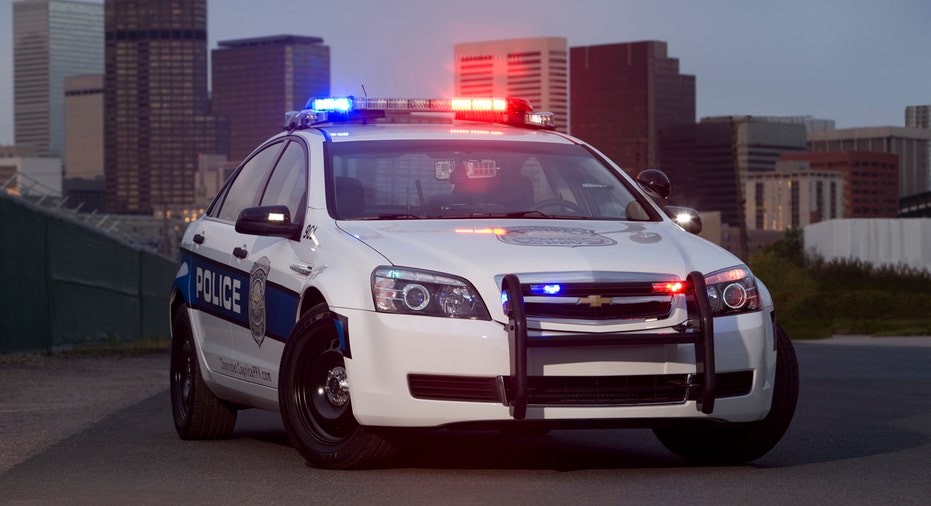Will an Accident Hit Your Record if You Don't Call Police?

Question: If you have a fender-bender and there is no police report and you turn it in on your insurance, will it show up on your driving record?
Answer: State laws and the way in which accidents are recorded on a driving record vary, but normally if police don't show up at the scene and write a report or ticket, the incident won't show up on your motor vehicle record (MVR).
In general, for an accident to be noted on your driving record there has to be a police record of it. It might be in the form of a police report that is forwarded to the Department of Motor Vehicles (DMV) or a ticket that was written to you for your part in the accident that ends up on your MVR.
If it was a minor accident and you only exchanged information with the other driver and didn't have a police report made, then it is doubtful that it would make it onto your driving record, but you should check to see if your state requires you to report the accident to police or file an accident report with the DMV.
Many states require you to file an accident report if there is a death, injuries, or property damage above a certain amount (typically between $500 and $1,500 depending upon the state). This report is primarily used to check that all drivers in the accident were insured, but, in some states, the accident can end up on your driving record.
Because laws vary so much, we can't guarantee that your accident will absolutely not make it on your MVR, but we can tell you that merely having claims filed doesn't get the accident recorded on your driving record.
Your car insurance company isn't contacting your DMV and informing them of the accident and associated claims. But even if your accident doesn't show up on your driving record, it doesn't mean that future car insurance companies won't know about your accident and its associated insurance claims.
Car insurance companies report claims to property loss databases. When you apply for auto insurance you give the new insurer to permission to check these loss reports. You might have heard of the reports referred to as C.L.U.E. reports because the most popular one is the Comprehensive Loss Underwriting Exchange (maintained by LexisNexis Risk Solutions).
These loss reports allow future auto insurers to view claims history and will see that you were in an accident on this date and what claims were paid out by your car insurance policy. Thus, if you skip listing this accident on a future car insurance application, your new insurer will still find out about it through the C.L.U.E. report and rate you on it.
The original article can be found at CarInsurance.com:Will your driving record show an accident if no police report?



















